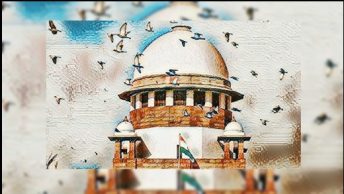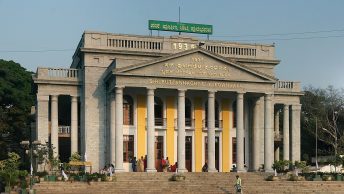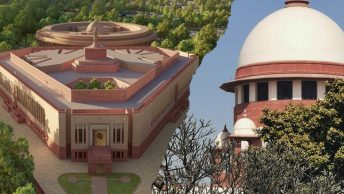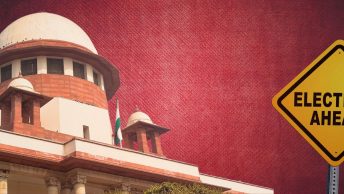The piece argues that the Indian Courts have applied the Community Standards Test inconsistently to test whether a particular statement is obscene. It suggests that the test be replaced by variable...
The piece argues that the Indian Courts have applied the Community Standards Test inconsistently to test whether a particular statement is obscene. It suggests that the test be replaced by variable...
In this piece, we continue the discussion on Dr Datar’s paper, the summary of which can be accessed here. In this response, Jeffrey A. Redding critically engages with Darshan Datar’s paper on...
In this article, the author argues that the Greater Bengaluru Governance Act must not be seen simply as a legal measure to displace the vision of decentralization. Instead, drawing from Alexis de...
In this piece, the author analyses the constitutionality of the Broadcasting Services (Regulation) Bill, 2023. While the bill aims at modernising broadcasting laws in India, it introduces a three...
A blog in response to "interim reading-in" remedy, suggested by Samuel Kahura. Arguments include: (1) SDI as a dialogic remedy, (2) two-track approach to balance immediate relief and legislative...
A blog in response to "interim reading-in" remedy, suggested by Samuel Kahura. Arguments include: (1) SDI as a dialogic remedy, (2) two-track approach to balance immediate relief and legislative...
Short Summary:- In this piece, the author presents an overview of the way Article 327 and 329(a) have been interpreted, and proposes a harmonious construction of the two that enables courts to review...
Discrimination in the housing sector on the grounds of religion, caste, etc. has been emerging as a thorny issue in the social fabric of the country. The present blog post aims to locate the issue in...
This article examines the recent Kunal Kamra judgment in light of John Mill's philosophy on truth, misinformation, and State interference. It attempts to modernize his ideas and present a convincing...








